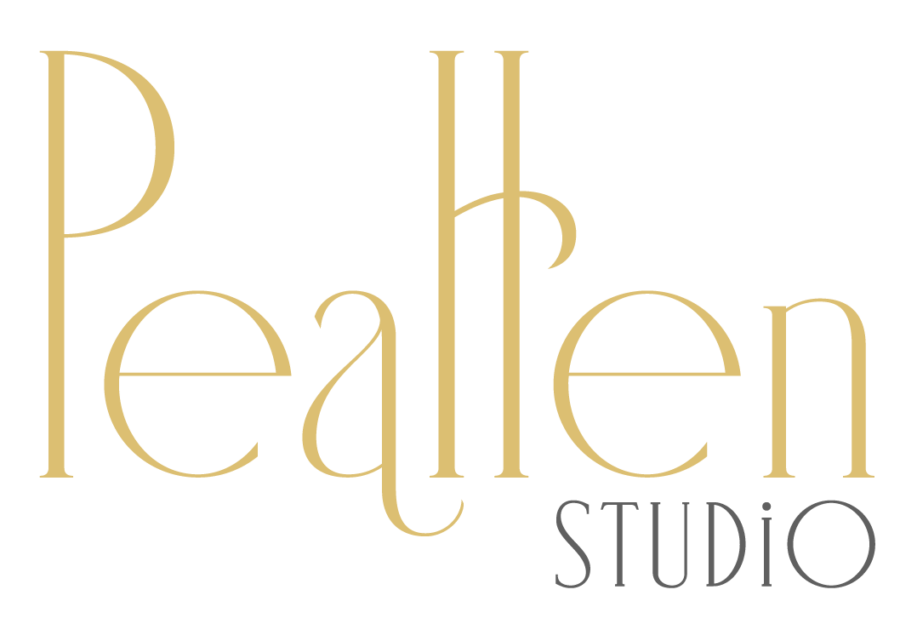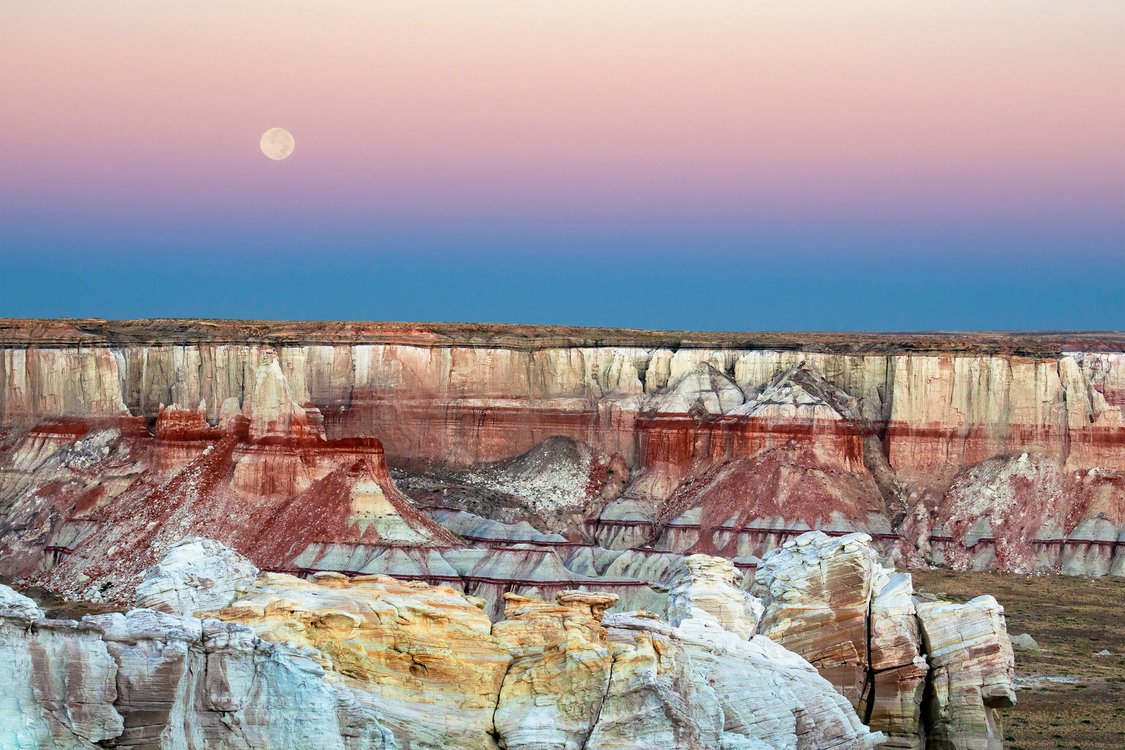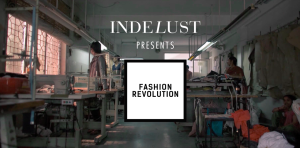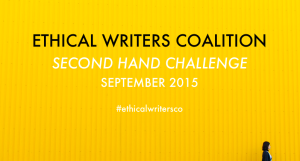By Francesca Willow
Francesca is a writer and artist living in London. Her site, Ethical Unicorn, aims to take a holistic, fact-based approach to sustainable living and social justice by thoughtfully discussing systemic and hidden cycles that need to be broken. She is one of Above Green’s 2017 top 50 eco-conscious blogs.
I put this post together in the light of the recent investigation of WWF from Buzzfeed News. If you haven’t read it yet, I advise you to do so. I want to clarify that I’m not trying to take up the space of Indigenous voices; I’ve just compiled a list of organisations and resources concerned with supporting Indigenous communities around the world, in an attempt to use this platform to redirect your attention to those who need to be heard. If you know of others that are missed here, please let me know and I’ll add them.
(If you yourself are an Indigenous person and you want to utilize the platform I have in some way to share your story or be heard, please contact me here.)
According to the UN, there are over 370 million indigenous people living across 90 countries worldwide, speaking an overwhelming majority of the world’s estimated 7,000 languages and representing 5,000 different cultures. Indigenous people have sought recognition of their identities, ways of life and their rights to traditional lands, territories and natural resources for years, yet throughout their rights have continually been violated. In 2007 a UN declaration enshrined minimum standards for the survival, rights, dignity and well-being of Indigenous people, however Survival International argues their land ownership rights are still not properly respected.
Indigenous voices need to be at the forefront of global environmental efforts. If they aren’t it is all too easy for colonial conservation and violence to take the lead. Below are the resources I have found thus far when it comes to advocating for justice and rights for Indigenous people across the world.
Organisations advocating for Indigenous rights
Survival International
Survival International, formed in 1969, works in partnership with tribal peoples to protect their lives and land, aiming to put a stop to racism, land theft, forced development and genocidal violence. They stop loggers, miners, and oil companies from destroying tribal lands, they lobby governments to recognize Indigenous land rights, and they document and expose atrocities committed against tribal people and take direct action to stop them.
Additionally, the organization argues that Indigenous people need to be at the forefront of environmental protection conversations. 80% of the most biodiverse areas on Earth are home to Indigenous and tribal peoples, and these people have developed highly effective measures for maintaining the richness of their environment and methods to preserve biodiversity, long before the word conservation was even coined.
Survival International works as a unified organisation, operating in seven languages across six country offices which all have charitable/nonprofit status. They are funded almost entirely by the public. They take no money from national governments, who are the principal violator’s of Indigenous rights, they also don’t accept donations from any company that abuses tribal peoples’ rights or is likely to do so. Their staff include regional experts with direct experience of, and contacts in, hundreds of tribal communities and organisations.
To help, you can donate, raise money, request a Survival speaker, organize or join Survival events, or campaign to fight for land rights, oppose racism and forced development, and to put Indigenous people at the forefront of environmental efforts.
Center for World Indigenous Studies
The CWIS is the leading Indigenous peoples’ think tank, ensuring that communities can safeguard their rights and resources. It defines itself as a group of activist scholars advancing the rights of Indigenous peoples worldwide. In 1979, during the first Conference of Tribal Governments at Tumwater in the Pacific Northwest, tribal leaders adopted a resolution to establish a documentary centre for tribal records and research. Grand Chief George Manuel called for the creation of a “Fourth World Think Tank”, and Dr. Rudolph Ryser (who grew up as a member of the Cowlitz tribe but is of Weskarini, Ondeia and Cree heritage) took the helm and created the CWIS.
So far the CWIS have drafted 27 laws and regulations, mentored and educated over 3500 students, digitized over 4000 tribal documents, and treated over 7000 individuals.
Since their founding, they have led the development and implementation of public policy that benefits Indigenous nations around the world, particularly in areas such as the environment, Indigenous food systems and food security, medicine, intellectual and cultural property rights, economic development, education and more.
They also publish the Fourth World Journal, the world’s leading publication for ideas and analysis about and by writers from the world’s more than six thousand Fourth World nations.
Cultural Survival
Cultural Survival advocates for Indigenous Peoples’ rights and has supported Indigenous communities’ self-determination, cultures and political resilience since 1972. They partner with Indigenous communities to advance Indigenous Peoples’ rights and cultures worldwide. Their programmes work to inform, create resources, support access to information, bolster freedom of expression, and assist Indigenous communities to organize and shape their futures in ways consistent with their traditions, languages, and cultures.
They publicise Indigenous Peoples’ issues through their award-winning Cultural Survival Quarterly and, at the request of communities, they launch campaigns to urge decision makers to respect Indigenous Peoples’ rights to their lands as they confront destructive mining projects, mega-dams, or land-grabs. Their organisation is Indigenous-led and has a diverse board of directors that is comprised of Indigenous and non-Indigenous perspectives.
Overall, their work encompasses advocacy, community media, Indigenous rights radio, bazaars (annual celebrations of Indigenous arts, music, and cultures from around the world), and grant making.

IWGIA
IWGIA stands for International Work Group for Indigenous Affairs. Founded in 1968, it is a global human rights organisation that describes itself as ‘dedicated to promoting, protecting and defending Indigenous peoples’ rights.’
IWGIA cooperates with Indigenous peoples’ organisations and international institutions to promote recognition of and advocate for the rights of Indigenous peoples. They focus on defending Indigenous peoples’ land rights, promoting inclusion in climate action and participation in local and international decision-making processes.
Today, Indigenous peoples from all over the world are involved in IWGIA’s global network. IWGIA initially focused on Indigenous peoples in Latin America and Asia but, from the late 1980s on, also began working with Indigenous peoples in Russia and Africa. They now have 31 projects around the world.
IWGIA also releases a global report, the Indigenous World, which provides an update of the current situation for Indigenous peoples worldwide. You can download the report here.
Get involved and support their work here.
Forest People’s Program
Forest Peoples Programme is a human rights organisation operating around the tropical forest belt, working with forest peoples from across the globe to secure their rights to their lands and their livelihoods. They work with over 60 partner organisations representing Indigenous peoples and forest communities from across the globe, working to promote an alternative vision of how forests should be managed based on respect for the rights, knowledge, cultures and identities of the peoples who know them best.
Peoples who live in forests around the world have customary rights, and have developed ways of life and knowledge that are attuned to their forest environments. Unfortunately, forests are commonly treated as empty lands controlled by the state that are available for development, colonization, logging, plantations, dams, mines, oil wells, gas pipelines and agribusinesses, which force peoples out of their homes. Many conservation schemes also deny forest peoples’ rights; Forest People’s Program work through advocacy, practical projects and capacity building to change this.
Minority Rights Group International
Minority Rights Group International campaigns worldwide with around 130 partners in over 60 countries to ensure that disadvantaged minorities and Indigenous peoples can be heard.
They utilize training and education, legal cases, publications and the media and cultural programmes to support minority and Indigenous people, and their campaigns target governments and communities to eradicate further discrimination based on age, class, gender and disability, which can have a multiple impact on minorities.
These are just some of the larger organisations, other organisations whose work you can follow include:
International
- Amazon Conservation Team
- Amazon Watch
- Global Forest Coalition
- International Indian Treaty Council
- Life Mosaic
- Rainforest Foundation
- Rights and Resources Initiative
- World Rainforest Movement
Arctic
Australia
Canada
- Assembly of First Nations
- Congress of Aboriginal Peoples
- Federation of Saskatchewan Indian Nations
- Inuit Tapiriit Kanatami
- Native Women’s Association of Canada
- Nunavut Tunngavik Incorporated
- Pauktuutit Inuit Women of Canada
- RAVEN (Respecting Aboriginal Values & Environmental Needs)
USA
- Alaska Federation of Natives
- First Nations Development Institute
- Great Lakes Indian Fish & Wildlife Commission
- Honor the Earth
- Indigenous Environmental Network
- Inter-Tribal Environmental Council
- National Congress of American Indians
- Native American Rights Fund
- White Earth Land Recovery Project
Hop over to Ethical Unicorn for more tangible ways to support and affirm the rights of indigenous people.
Visit my shopping page for options that support artisan-made and indigenous makers.
Photo by John Fowler.




